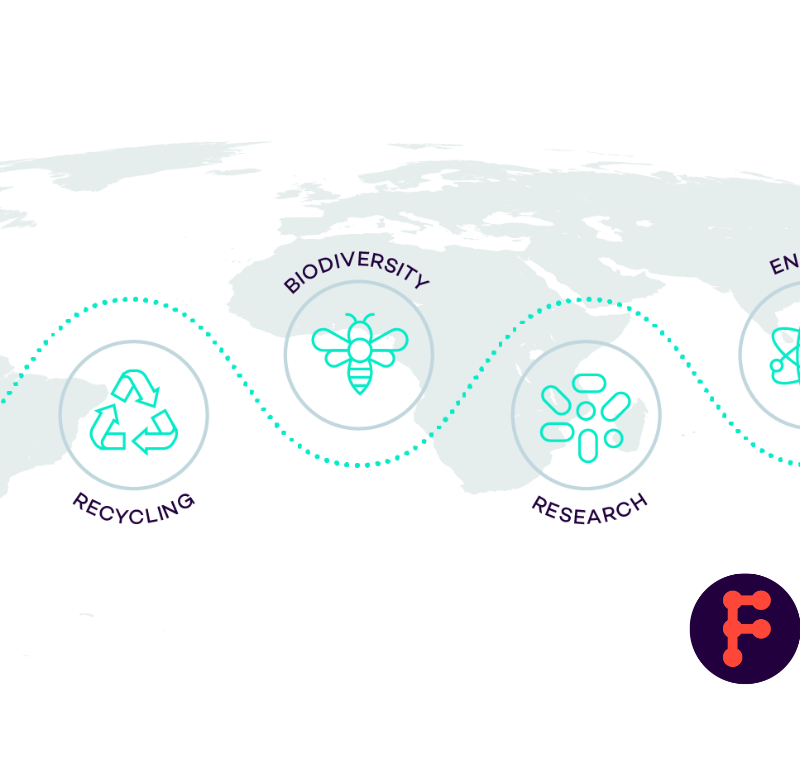The risks and rewards of a shifting mobile media landscape
Why has mobile become so important? (0:02)
What is happening is the consumers have moved on from a device perspective to a need perspective and they’re looking to get more and more information. Mobile is helping that transition right now, and mobile being the most pervasive device is actually enabling consumers to get the information they are seeking at the time that they want.
So is mobile actually changing human behaviour? (0:24)
It is. And that was a very good picture that I actually managed to pull out: mobile devices are no longer in your pocket. It’s on you because you are using media almost 24hrs a day… you are using it from early morning to late evening. Different times of the day you use different content and services. And to enable those content and services you need to be ready. On the go, what are you going to give to consumers as a publisher?
It is also important to know that the consumption of what gets consumed on mobile is also very different from every other medium. And that’s something that as a publisher you need to track and map. For example, during the transit time what gets consumed has to be very different to what gets consumed on iPad later at home in the evening.
Is chat shifting from public to private? What role will bots play in this? (1:15)
I think the two of them are going to merge. Bots are definitely going to play a critical role as we move forward. A lot of the questions being asked about bots are about how personal can they become? How much more information can they decipher for the consumer? We are not yet ready from a technology perspective, but that will happen.
For example, asking for information on who won the debate between Hilary and Trump right now could be a question I could ask a bot. I don’t really need to go to a publisher site to see the rating, and I could get the best 10 responses accumulated from the internet. Yes that will happen, but I don’t think that we are ready from a technology perspective, because the technology has to be integrated into everything the publisher does across all markets. Secondly, I think it’s also the consumer behaviour: are consumers ready to accept that? And I think that is more important. It really depends, are the consumers ready?
Is it fair to say that you have reservations about Facebook and other social networks? (2:31)
It’s a perspective, right? So when I said ‘Social Networks’, a lot of the publishers today use social networks to distribute their articles. To use social networks to enhance their readership. It’s a good thing, if you don’t have that extended reach. But at the same time you also have to be aware of the fact that the more you put on social networks like Facebook, the more ad dollars go there. And if tomorrow you stop doing that, what happens? Will you still get that organic reach?
More like this
Hong Kong tops Asia’s trends for internet audience and mobile penetration







